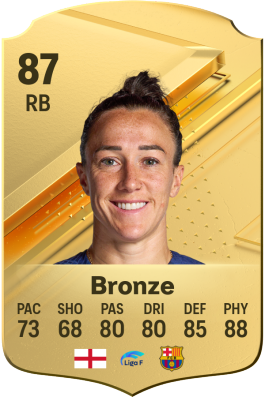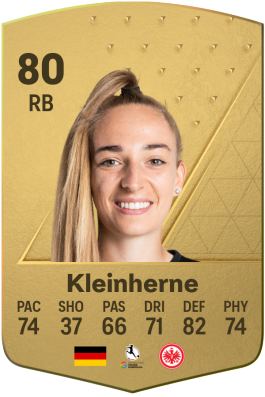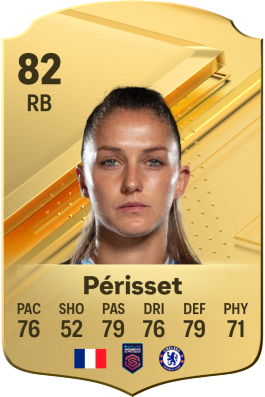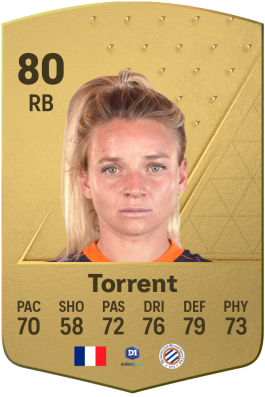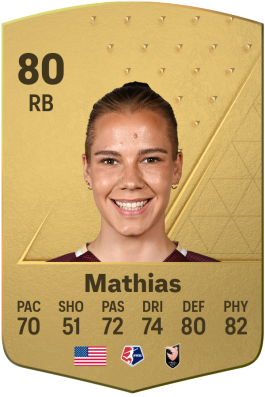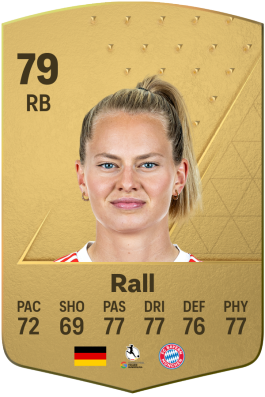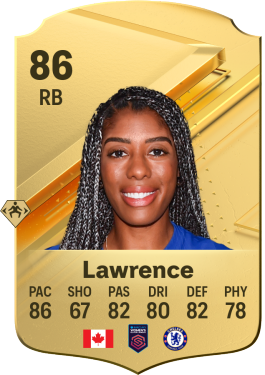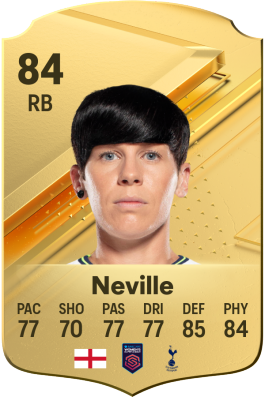Lucy Bronze - A Detailed Overview
Early Life and Education
Lucy Bronze was born on October 28, 1991, in Berwick-upon-Tweed, England. From a young age, she showed a strong interest in soccer, displaying exceptional talents on the field by the time she was a young teenager. Bronze grew up with a passion for football, which was fuelled by her family's strong support. Her parents, Kim Bronze and Jo Bronze, urged her to pursue her passion for football, helping to shape the determined athlete she is today.
Early Career
Bronze began her football career at Sunderland's Women's Football Club at the age of 16. She impressed with her skill and determination, quickly becoming a key player for the team. During the 2007–2008 season, she netted 11 times across 20 games. She then moved to North Carolina in the United States to attend college and continue her football career. Playing for North Carolina Tar Heels, Bronze was part of the team that won the NCAA Women's Soccer Championship in 2009.
Professional Clubs Career
Bronze's professional career started in 2010 when she was signed by Everton. She stayed with them for two seasons before moving on to Liverpool in 2012, where she won her first FA Women's Super League title in 2013. The following season, she helped Liverpool defend their title with robust performances. In 2014, the Manchester City Women's team signed her where she would go on to have much success both domestically and in Europe. This included winning the 2016 Women’s Super League, and reaching the UEFA Women’s Champions League semi-finals in 2018. Following her successful stint at Manchester City, Bronze moved abroad to join French giants Olympique Lyonnais. During her time with Lyon, she won numerous titles including the Champions League on three occasions in 2017, 2018, and 2019, and the Division 1 Féminine title again for all three years. In September 2020, it was announced that Bronze would return to England to rejoin the team at Manchester City for a second stint.
International Career
Bronze made her debut for the England team in 2013. She's won more than 70 international caps and has represented her country at two FIFA Women's World Cups in 2015 and 2019, and the UEFA Women's Europe Championship in 2013 and 2017. Bronze scored her first World Cup goal in 2015 and helped take England to the semi-finals. She was also part of the England team that again reached the semi-finals at the 2019 World Cup in France. Despite England's failure to secure the cup, Bronze gained global recognition for her exceptional display which earned her the Silver Ball for the tournament's second-best player.
Achievements and Awards
Lucy Bronze's talent and commitment to the game have resulted in numerous individual accolades during her career. She was named the Professional Footballers Association's Women's Players' Player of the Year in 2014 and 2017. In 2018 and 2020, she won the UEFA Women's Player of the Year Award and was also named FIFA Women's Player of the Year in 2020. She made the FIFA FIFPro Women's World11 in both 2019 and 2020. In addition to these personal accolades, Bronze has been part of multiple title-winning teams at both club and international levels, demonstrating her ability to contribute significantly to her team's collective success.
Playing Style
Bronze is primarily known for playing as a right-back, where she blends her incredible defensive capabilities with her offensive prowess. She is well known for her strength, speed, positional awareness, and tackling, traits that have allowed her to excel as a defender. However, she's also excellent when on the offensive; with her powerful long-range shots, skillful crosses, and her ability to beat opposing players making her a constant threat. Her overlapping runs down the right-wing have become a trademark characteristic of her playing style.
Personal Life
Bronze is private when it comes to her personal life. She does not often speak about it in public, keeping her focus primarily on her football career. She has however spoken about her Portuguese heritage, through her father, and acknowledges the influence it has on her as a person.
Legacy and Influence
Bronze's legacy in women's football is without a doubt significant. As a trailblazer in the sport, she's been instrumental in encouraging a rise in women's participation in the sport in England and around the world. Along with her team's successes, her personal accolades have helped raise the reputation of women's football internationally and have also increased the recognition of women's footballers. Despite the challenges that come with being a woman in football, Bronze's unwavering dedication and commitment to the game have seen her overcome obstacles and set the bar high for future female footballers.
